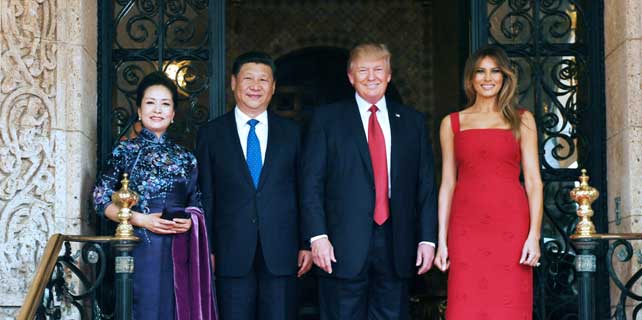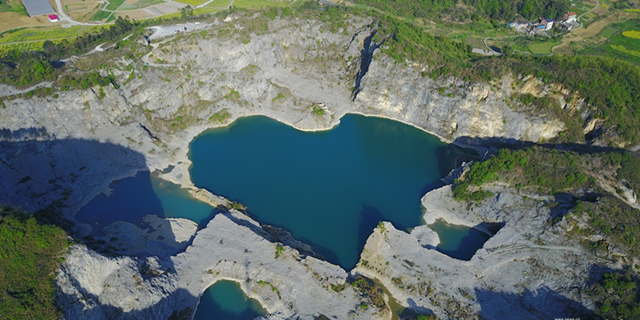Controls fight speculation in Xiongan New Area property
Zhang called for a "reasonable pace of development" in the new area on Thursday, stressing that large-scale real estate development and illegal construction should be banned, and the pace of development should be reasonable.
Zhang spoke at a conference on the coordinated development of the Beijing-Tianjin-Hebei region.
As of Thursday, all 10 counties in Xiongan New Area and neighboring regions had launched new home purchase policies to stop speculative buying. The nation's top leadership set up the new area as an innovation-driven zone to assume the noncapital functions of Beijing.
The 10 counties have unveiled purchase limits, such as suspending residents with more than three residential properties from buying houses and apartments and requiring up to 60 percent down payments from buyers who own more than one apartment.
In Wenan and Bazhou, those without local household registration, or hukou, can buy only one apartment with a down payment of at least 50 percent.
Wu Hequan, deputy head of the expert advisory committee on the collaborative development of Beijing, Tianjin and Hebei under the State Council, said that China will explore new ways to reform the property market in the area, including long-term affordable rental apartments.
That will include containing property prices without hurting the real estate industry, making sure those in need of an apartment can afford one, and making the area suitable for entrepreneurs, Wu said.
Zhao Kezhi, Party chief of Hebei province, said on Wednesday that Xiongan will be an innovation hub and a cluster for high-end, high-tech industries.
The main aim is not to develop the real estate industry, let alone to become a speculative "gold mine", Zhao said.
For investors, the new area will focus on environmental, transportation and industrial upgrades as a jumping off point for a broader effort, UBS Securities wrote in a research note.
"It is estimated that Xiongan's total fixed asset investment could reach 4 trillion yuan ($580 billion) over the next two decades," said the note.
Xinhua News Agency contributed to this story.
















